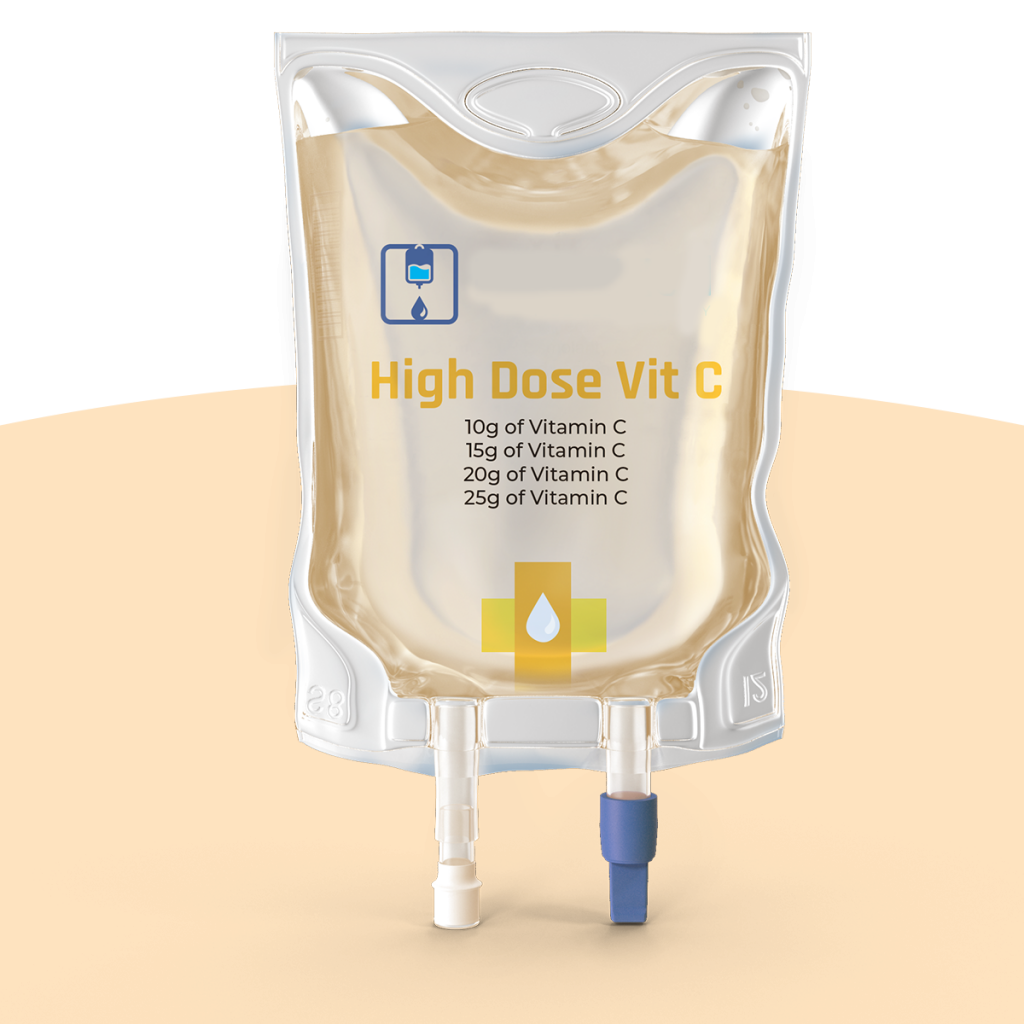Vitamin C as prophylaxis for COVID-19?
Pandemic COVID-19
The outbreak of Coronavirus disease began at Wuhan, China in December 2019, thus far it has infected more that 46 million of individual all around the world and has caused more than 1.2 million of deaths. The symptoms of COVID-19 include fever, cough, dyspnoea, and myalgia. Some proportion of confirmed cases also developed severe diseases which involves acute lung injury and acute respiratory distress syndrome (ARDS) which can precipitated into multiple organ failure and death. This is also one of the reasons why infection occur to the high-risk individuals are more likely be getting serious or lead to complications as compared to healthy individuals.
It has been reported that the condition is called ‘cytokine storm’, a condition where the host immune response becomes dysfunction due to the attack from the virus to body’s immune system. In the absence of approved vaccine to prevent this from happening, management of critically ill COVID19 patients include administration of azithromycin (antibiotic) and hydroxychloroquine (malaria medicine), this is due to that there is no specific medication yet for COVID-19.
However, growing study interest is seen on the administration of COVID-19 recently, where even in Malaysia, Ministry of Health has conducted few studies to see whether the usage of vitamin C among critically ill COVID-19 patients is beneficial. The first study was conducted among 17 patients, the critically ill patients were given 1g of vitamin C in every 8 hour for three days. Although the findings are promising, but according to Deputy Health Minister, Datuk Dr, Noor Azmi Ghazali, it cannot still be used as management of critically ill COVID-19 patients as the sample size of the studies is too small for the result to be used.
Another study involving critically ill COVID-19 patients, divide between two groups of critically ill patients, the one administered with Vitamin C and the one without administration of vitamin C. The result found out that group with vitamin C administration has 57% lower on mortality rate, 9 days shorter of hospital stay, 5.6 days faster in successful extubating, and 7.5 days faster in weaning off oxygen support.

There is another unpublished study that was conducted among critically ill COVID-19 patients in two different tertiary hospital in Malaysia comparing individual treated with vitamin C against those who are not treated with vitamin C. Both groups show similar clinical background, comorbidity, illness severity, and severity score on admission. The finding shows that the vitamin C group has lower mortality rate (14.3%) as compared to the group without vitamin C (71.4%). Duration of days on the ventilator were also shorter in vitamin C groups compared to non-vitamin C group (14 vs 19.6 days). Similarly, the duration to complete weaning of oxygen therapy was also shorter in vitamin C group (16 vs 23.5 days). Since the result is very promising currently, a multicenter randomized controlled trial is underway in evaluating the effectiveness of high dosage of intravenous vitamin C for the treatment for severe COVID-19 patients.
Usage of Vitamin C as prophylaxis to COVID-19 for general population
Apart from vitamin C is a water-soluble vitamin it is also a potent antioxidant. It acts as free radical scavenger and has its anti-inflammatory properties, which influence cellular immunity and vascular integrity. Which explain why it is being studied as one of the treatments for COVID-19. As for general population, National Health Service (NHS) U.K. treatment guideline stated that for non critically ill COVID-19 individuals and for non-COVID19 individuals there is insufficient data to recommend usage of high dosage of vitamin C in combating COVID-19. This being stated because, in critically ill COVID-19 individuals they experience high oxidative stress and severe inflammation, which may be helpful with the administration of vitamin C but unlike non COVID19 and non critical COVID19 individuals.

In general, sufficient consumption of vitamin C and healthy eating habit may helps with combating COVID-19 pandemic. A proper diet can help to ensure that the body is in the strongest possible state to battle the virus. Certain precaution with regards to food safety as well may helps in combating the virus although researchers have found that there is no source of virus contamination via food packaging or food. However, good food practices are always recommended to minimize the risk of contamination and to ensure that there is no window for the virus to weaken immune system.
- Eat plenty of fruits daily ( such as guava, apple, banana, strawberry, cantaloupe melon, grapefruit, pineapple, papaya, orange, Longman fruit, blackcurrant, pumelo) these are fruits have high vitamin C.
- Eat plenty of fresh vegetables daily (such as green bell peppers, garlic, ginger, kale, lime, coriander, broccoli, green chili pepper). Do not overcook vegetables as it leads to the loss of important nutrients such as vitamins and minerals.
- Eat whole grains and nuts, which have high amount of good fats! Limit intake of red meat, processed and fast foods.
- For snacks, choose fresh fruits and raw vegetables rather than foods that are high in sugar, salt or fat.
- Limit the salt intake to less than 6g/day.
- Drink 8–10 glasses of water every day. It helps to transport nutrients in the blood, gets rid of waste, and regulates the body temperature.
- Maintain a healthy lifestyle of exercise, meditation, and regular sleep. Adequate sleep will help to support immune function.
- Eat at home to avoid contact with other people and try to reduce the chance of being exposed to COVID-19.
- Wash vegetables and fruits before eating.
- Wash, rinse, and disinfect objects and surfaces every time before and after use.
- Keep cooked and raw foods separate, as it would prevent the harmful microbes from raw foods spreading to cooked foods. Use different chopping boards and utensils for cooked and raw foods to prevent cross-contamination.
References
- Ministry of Health Malaysia (MOH). Kajian dan Penyelidikan MahTAS COVID-19 rapid evidence update. Intravenous Vitamin C for COVID-19. Based on the availa le evidence up to 16 November 2020. http://covid-19.moh.gov.my/kajian-dan-penyelidikan/mahtas-covid-19-rapid-evidence-updates/12_INTRAVENOUS_VITAMIN_C_FOR_COVID-19_editted.pdf (Access on Feb 2, 2021).
- New Straits Times (NST). Vitamin C injections not used in COVID-19 treatment in Malaysia. https://www.nst.com.my/news/nation/2020/11/637714/vitamin-c-injection-not-used-covid-19-treatment-malaysia (Accessed on Feb 2, 2021).
- National Institute of Health (NIH). Vitamin C usage and COVID-19. https://www.covid19treatmentguidelines.nih.gov/adjunctive-therapy/vitamin-c/ (Accessed on Feb 2, 2021).
- Feyaerts, A. F., & Luyten, W. (2020). Vitamin C as prophylaxis and adjunctive medical treatment for COVID-19? Nutrition (Burbank, Los Angeles County, Calif.), 79-80, 110948. https://doi.org/10.1016/j.nut.2020.110948
- Aman, F., & Masood, S. (2020). How Nutrition can help to fight against COVID-19 Pandemic. Pakistan journal of medical sciences, 36(COVID19-S4), S121–S123. https://doi.org/10.12669/pjms.36.COVID19-S4.2776




